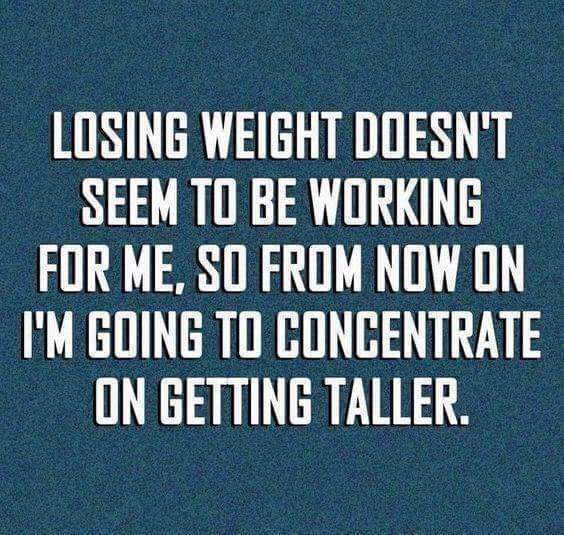Be Carb Smart with these tips from your Red Deer Personal Training experts at 360 Fitness.
There’s a lot of confusion when it comes to carbohydrates. Popular diet plans such as the Atkins and South Beach strictly limit consumption of carbs in an effort to lose weight. Unfortunately, this has sent the incorrect message that all carbs are bad carbs. The truth is, your body needs the right type and the right amount of carbohydrates for good health. That’s right—not all carbs are created equal.
What exactly are carbohydrates? Carbohydrates are made of carbon, hydrogen, and oxygen and are one of the three macronutrients found in food. Their purpose is to provide your muscles and nervous system with energy, promote fat metabolism, and support brain function. Starting to sound like something your body could benefit from having around? They are! The other two types of macronutrients include protein and fat, and most foods are a combination of these three macronutrients.
The three types of carbohydrates (starches, sugars, and fibers) are found in fruits, vegetables, dairy products, and grains. How do you know which are good for you and which aren’t? Keep reading to find out.
Carbohydrates: The Bad
They’re known in the nutrition world as simple, refined, or high-glycemic. Some bad carbs have been processed and stripped of their natural fiber content, such as refined white breads and processed foods. Others are just made of one or two sugars (syrups, sugars, added sugars). So why are they bad for you? Their sugars are quickly absorbed into your bloodstream, causing a burst of energy and a spike in blood sugar levels. When your blood sugar returns to normal, you start craving more carbs. Foods high on the glycemic index are associated with an increased risk of heart disease, diabetes, obesity, and certain cancers.
But the downsides to simple carbs don’t end there. These types of carbohydrates are digested quickly, leaving you feeling hungry soon after eating.
As a result, you’ll eat more calories throughout the day and gain weight faster because you’re hungry more often. And simple carbs are known as empty calories because they lack vitamins, minerals, and fiber but are often high in calories. They fill you up for a short while, but provide little to no nutritional value.
Examples of which carbohydrates to avoid or strictly limit include sodas, sugar, fruit juices, white bread, white pastas, white rice, cookies, cakes, pastries, candies, French fries, and chips.
Carbohydrates: The Good
Good carbs have labels such as complex, whole, or low-glycemic. They’re made from three or more sugar molecules and come from plants, so they’re filled with fiber, vitamins, and minerals. The higher the amount of fiber, the better the carbohydrate is for you. What’s so good about fiber? Because it can’t be digested or absorbed by your body, it slows the absorption of nutrients as food is digested. This prevents spikes and dips in your blood sugar levels and reduces your risk for developing type 2 diabetes. It also boosts your energy levels and keeps you feeling fuller for longer, so you’ll eat fewer calories in a day. Fiber also helps lower your blood cholesterol, keeps your heart healthy, and prevents constipation.
If you ever wonder which carbohydrates are considered good for you in moderation, remember this list: whole fruits and vegetables, legumes, beans, peas, nuts, seeds, and just about anything that is made of whole grains—breads, pastas, and rice. Anyone trying to lose weight on a low-carb diet will likely restrict whole-grains, potatoes, certain high-sugar fruits, and legumes, while increasing their consumption of proteins and fats to maintain energy.
Pulling Carbs out of Your Hat
Not eating any carbohydrates? You still need them. To make up for this lack, your body will take protein and turn it into carbohydrates. And you thought your body was just nice to look at!
—-
Looking for more info on 360 Fitness? We would love to chat with you! You can see more at www.360fitness.ca/freeconsult



